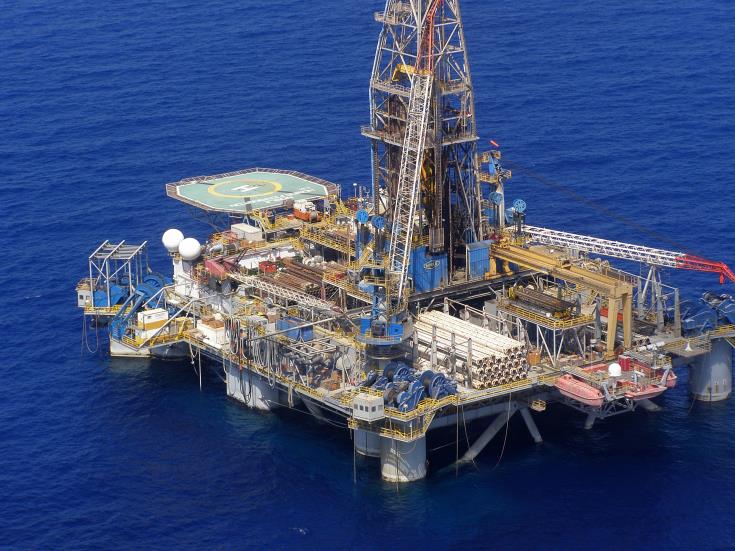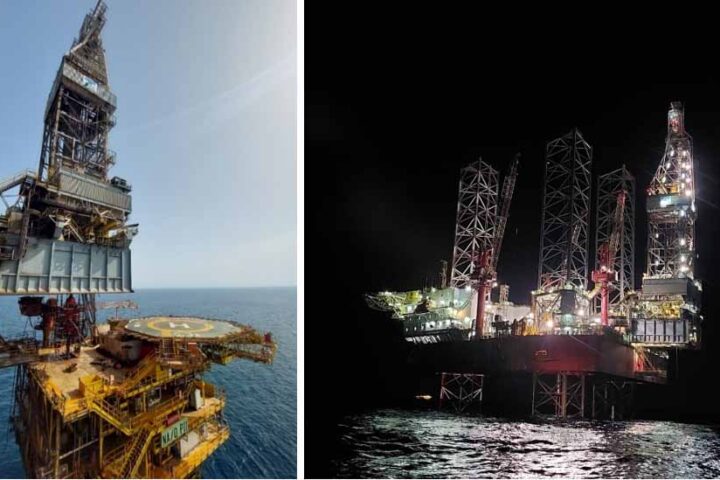Despite Israel threatening to block Aphrodite gas development in a rights dispute, Cyprus Energy Minister George Lakkotrypis said everything is going ahead as planned.
He said resolving a dispute with Israel over the gas reserves that straddle their maritime border is not a precondition for the development of the Cypriot gas field.
Israel has advised three energy companies not to start work on the Aphrodite gas field off Cyprus until the two countries reach agreement over ownership of the reserves in a border dispute with Israel`s Yishai.
Lakkotrypis said prolonged negotiations with Israel continue but for the Cypriot side “the development of the Aphrodite reservoir advances normally, as planned.”
He said there is an established process which is being followed by Israel and Cyprus concerning the agreement over distribution rights.
“The most important thing I want to stress is that these two things, the development of ‘Aphrodite’ and the established process for the special agreement are not connected as far as the Cypriot side is concerned,” said Lakkotrypis.
Asked if the consortium developing Aphrodite is affected in any way, Lakkotrypis said that the issue of the special agreement has been known for a long time “however we proceeded to conclude the agreements in November.”
Cyprus last month signed a 25-year concession with Noble Energy, Shell and Delek Drilling for the exploitation of Aphrodite and a revised production sharing agreement.
Shell, Noble Energy and Delek are committed to begin gas production from 2025 from the field first discovered in 2011.
The director-general of Israel’s Energy Ministry, Udi Adiri, sent a letter to officials at the three companies, saying development must not commence until agreement is reached between the governments of Israel and Cyprus.
“As the Republic of Cyprus, we would certainly prefer to have this framework in place, to govern the operation, but I must stress that this is not a precondition to continue with the development of Aphrodite,” Lakkotrypis said.
The letter underlined Israel’s long-standing position that an agreement is needed to “facilitate the fair exploitation and development of the field”.
One option that has been raised, Adiri said, was for the licensed companies on both sides to negotiate directly, subject to approval from both governments.
The Israeli Embassy in Nicosia said the letter to the consortium reflects Israel’s position as presented in the talks between the two countries.
“The Government of Israel will be pleased, at any time, to continue the negotiations with the Government of Cyprus, on the issue of regulating the rights on the “Yishai” and “Aphrodite” reservoirs,” the embassy said.
Lakkotrypis said the announcement of the Israeli Embassy reflects the position of the Israeli side, which Cyprus does not share.
“Our position is clear…Either with or without an agreement, if it is proven that there is natural gas on the Israeli side which is pumped out by our side, the Republic of Cyprus will certainly compensate the Israel side accordingly.”
He argued that with or without an agreement in place, no side will abolish their rights.
The Aphrodite field holds an estimated 4.1 trillion cubic feet of gas. At stake is about 10% of the deposit, which is a fraction of the gas already discovered in Israel.










